When Effort Doesn’t Equal Results: You’re Not Alone
You’ve cleaned up your diet. You’ve started walking, maybe even lifting weights. You drink water. You track your calories. And yet… the scale won’t budge—or worse, it creeps up.
As a family nurse practitioner, I’ve heard this frustration countless times from women over 40. And I want you to know this:
You are not lazy. You are not doing it wrong. Your body is simply asking for a smarter, more personalized approach.
Let’s explore the real reasons behind stubborn weight and what you can do to gently move forward again.
The Most Common Weight Loss Blockers in Midlife
Weight loss isn’t just about eating less and moving more—especially in your 40s and beyond. These are some of the most common blockers I see:
1. Hormonal Shifts
Estrogen, progesterone, and thyroid hormones start declining. This affects fat distribution, metabolism, and water retention. Estrogen loss alone shifts fat storage to the belly.
2. Insulin Resistance
Even if you’re eating “healthy,” too many refined carbs or skipping meals can increase insulin resistance. This tells your body to store fat instead of burn it.
3. Chronic Inflammation
Joint pain? Brain fog? Bloating? These are signs of inflammation. It can stall weight loss by disrupting metabolism and hormone balance.
4. Stress and Cortisol Overload
Cortisol, your stress hormone, increases belly fat and cravings. High cortisol also reduces your body’s ability to burn fat efficiently.
5. Sleep Disruption
Sleep isn’t just rest—it’s restoration. Poor sleep alters hunger hormones (ghrelin and leptin), increases cravings, and worsens insulin resistance.
The Role of Stress, Sleep, and Hormones
Think of your body like a web. Everything is connected.
When stress rises, cortisol increases. When cortisol increases, insulin becomes less effective. When insulin is off, fat storage increases. When you don’t sleep, everything worsens.
🩺 Here’s what I tell my readers as a Nurse Practitioner: If your stress, sleep, or hormones are off—even a perfect diet won’t work long-term.
That’s why I encourage a whole-body approach, not just calorie counting.
Sneaky Mistakes That Stall Progress
Sometimes it’s not what you’re doing—it’s how or when you’re doing it. Here are some common missteps:
Undereating
If you’re eating too little (especially under 1200 calories), your metabolism may slow down to protect you. You lose muscle, and your body holds onto fat.
Overdoing Cardio
Chronic cardio can raise cortisol and burn muscle. Add strength training and restorative movement instead.
Skipping Meals
This can spike blood sugar and increase cravings later. Aim for regular, balanced meals—especially protein at breakfast.
Not Enough Protein
You need more protein after 40 to preserve muscle. Aim for 25–30g per meal.
Inconsistent Routines
Weight loss thrives on consistency. Fluctuating sleep, meal times, and workouts can confuse your metabolism.
What to Do When Nothing Seems to Work
Here’s a roadmap to recalibrate your body without punishing it:
1. Focus on Metabolic Health First
- Eat enough (don’t starve yourself)
- Balance blood sugar with protein + fiber + fat
- Reduce added sugar and processed carbs
2. Lift Weights, Don’t Just Walk
Muscle is the key to a healthy metabolism. Strength training 2–3x/week helps burn fat, improve insulin, and boost energy.
3. Address Stress and Sleep
These are non-negotiables. Protect your peace like your results depend on it—because they do.
4. Track Non-Scale Victories
Your weight is only one piece of the puzzle. Look for wins like:
- Less bloating
- Better energy
- Improved mood
- Better sleep
- Looser clothes
5. Be Patient and Kind to Yourself
Your body isn’t a machine—it’s a living, breathing, beautiful system. Sometimes it needs time and compassion, not more pressure.
Final Thoughts from Me to You
If you’re feeling discouraged, please hear this: Your body is not broken. It’s simply shifting.
After 40, weight loss is less about willpower and more about wisdom. It’s about working with your body instead of against it.
You are already doing so much right. You just need to shift your lens—and your strategy.
Start small. Support your hormones. Fuel your body. Lift heavy things. Sleep deeply. Breathe often.
And above all, stay kind to yourself on the journey.

